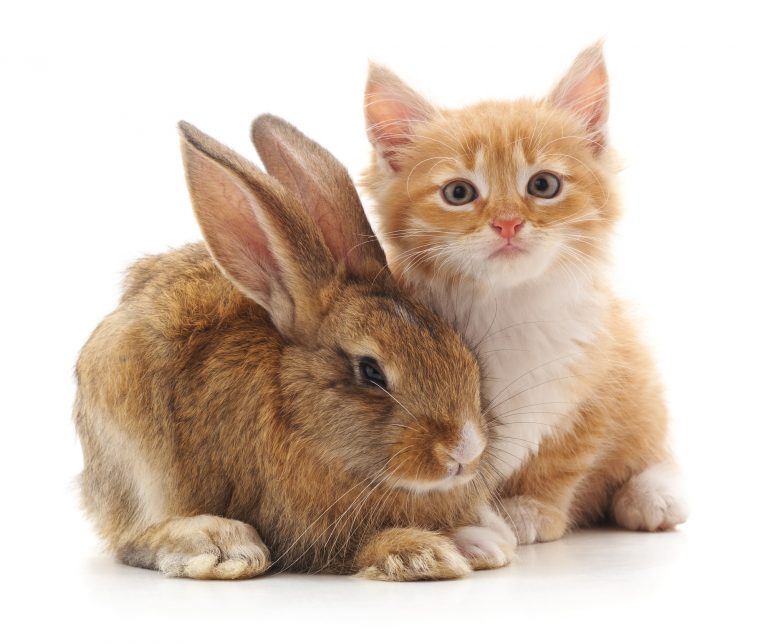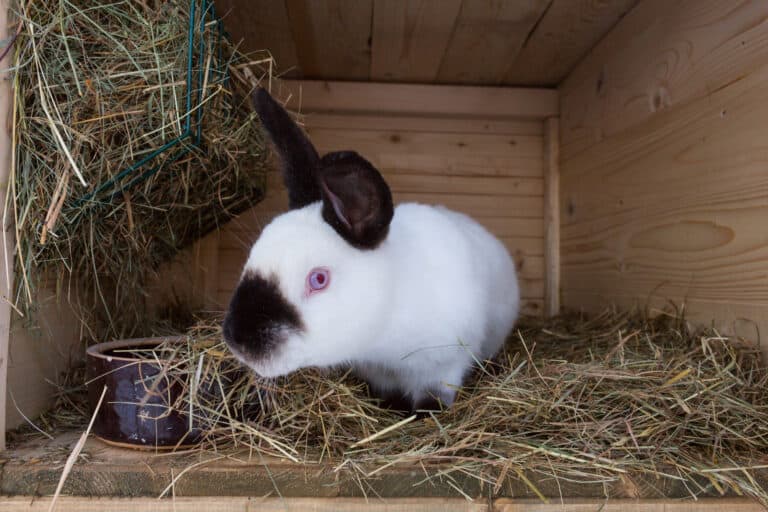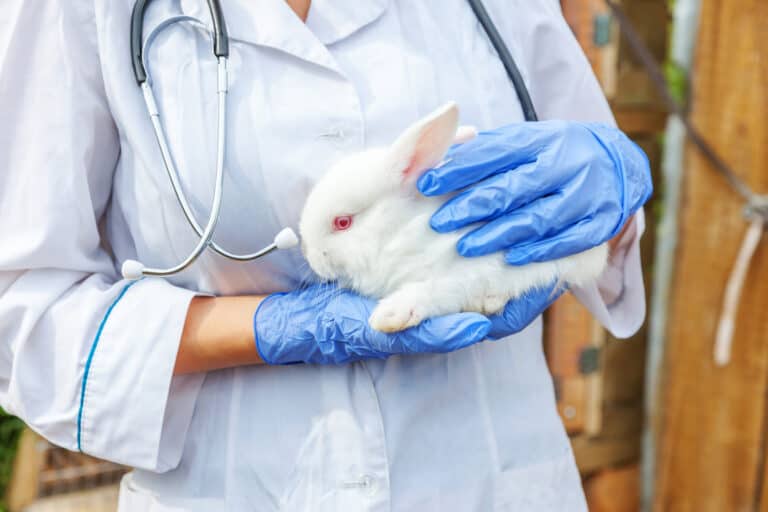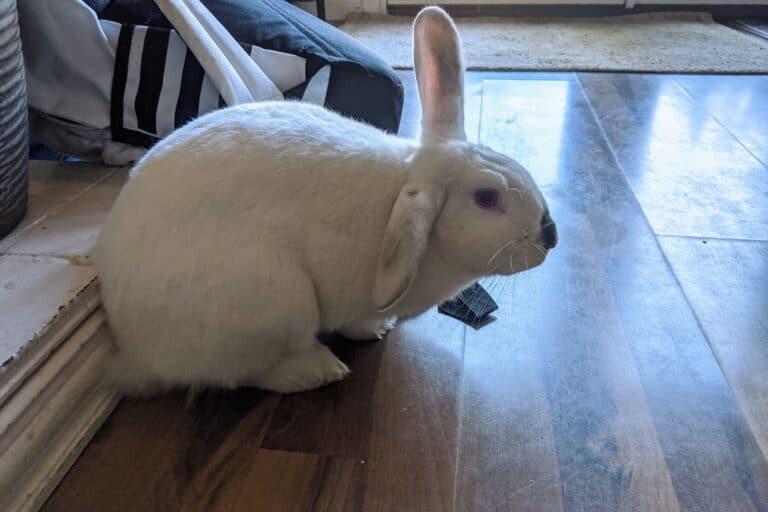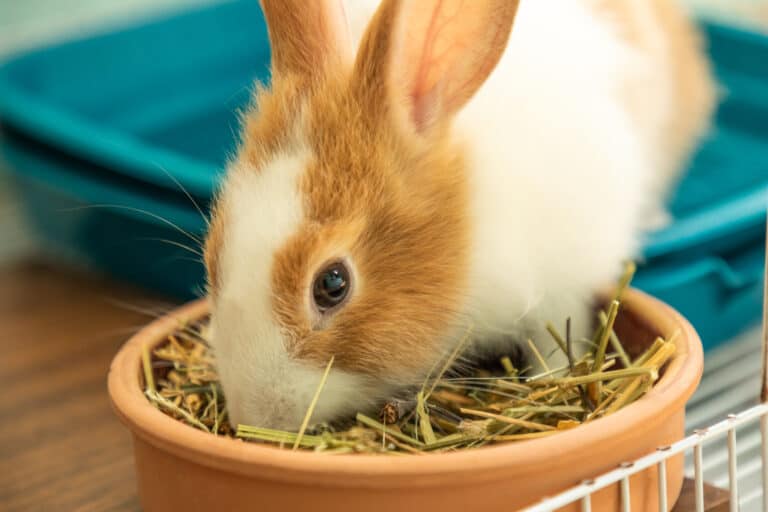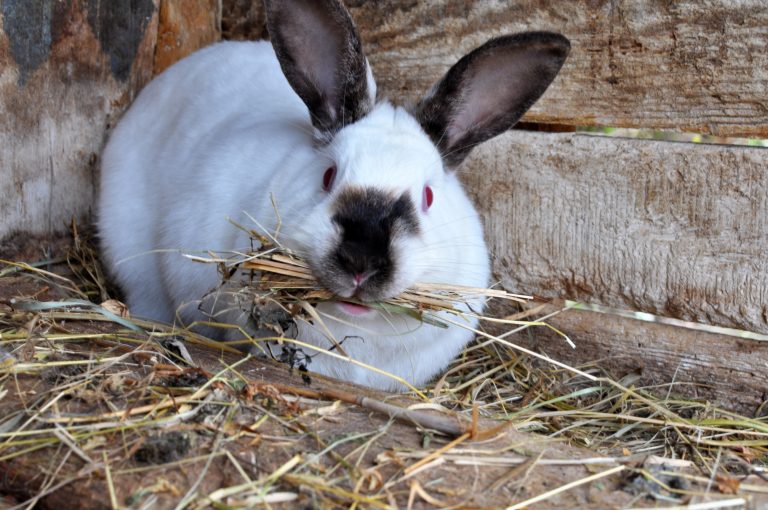How to Treat Snuffles in Rabbits
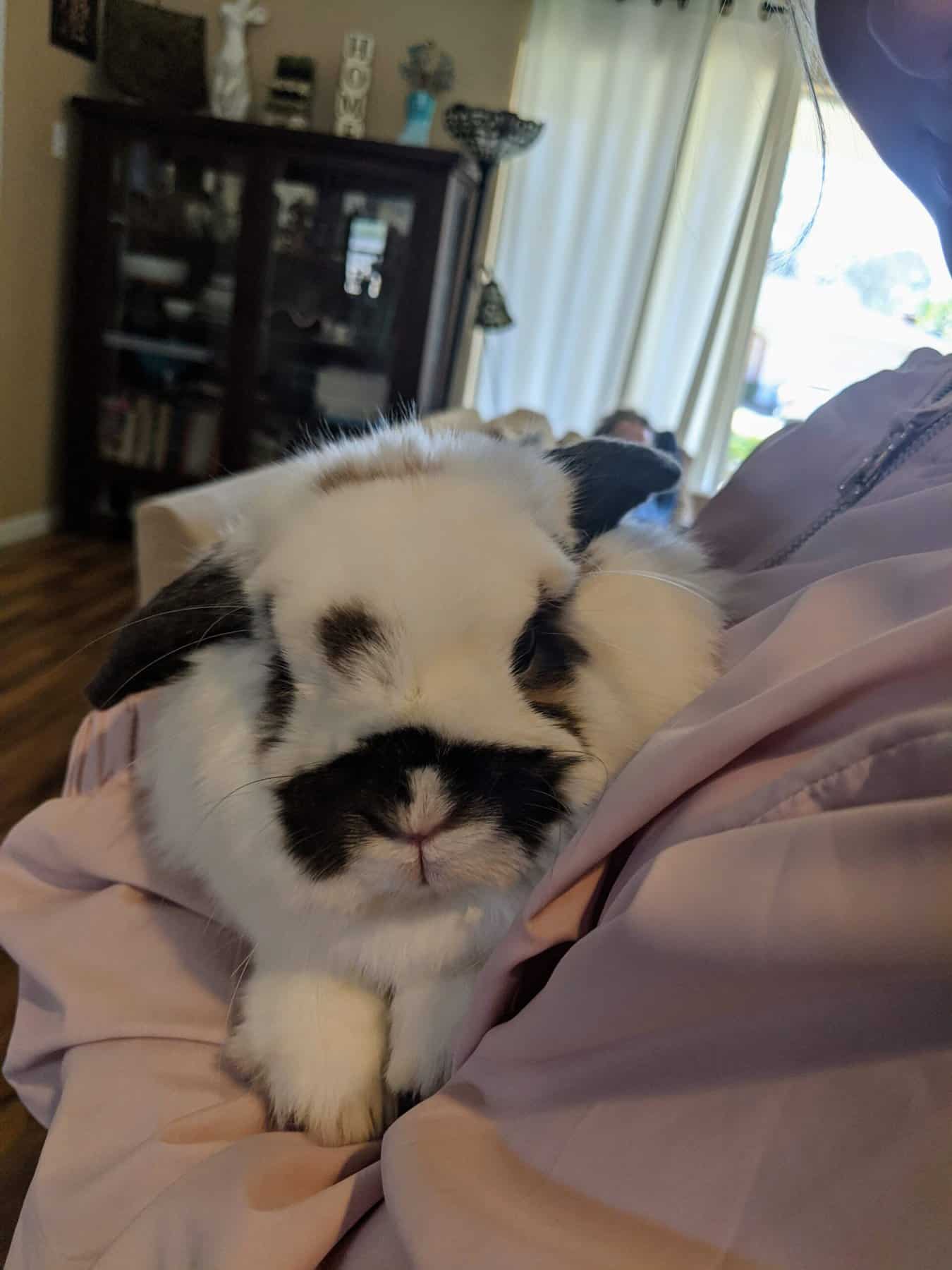
We’re sure that, like most pet parents, you aim to keep your bunny in the best of health. Unfortunately, despite your best efforts, your fur baby can still get sick. Snuffles in rabbits is one of those ailments that can befall your bun and, if not treated correctly, it can turn chronic, or worse, lead to death.
The good news is, you can prevent snuffles and treat it when it does strike. To do this, you need to know what the ailment is all about and the best ways to help your pet quickly get better if he does get the disease.
This post contains affiliate links. Affiliate links support Every Bunny Welcome at no additional cost to you. I receive a commission if you choose to make a purchase through these links.
What is Snuffles in Rabbits?
Snuffles is a term that describes the symptoms of a common respiratory infection in rabbits. Different germs can cause this ailment, but the most common ones are Pasteurella and Bordetella.
It’s a contagious disease, so if you have more than one rabbit, snuffles can spread quickly among your pets through direct contact, by sharing food bowls, and even through the air.
If left untreated, the infection can move to the eyes, ears, and other organs of your bun. In severe cases, it develops into pneumonia, which will require intensive treatment and is often fatal.
Buns with overgrown teeth or those with dental diseases are prone to getting snuffles. This is due to the fact that tooth roots run close to the tear ducts. When the teeth have grown too long, the roots push upwards, sometimes blocking the tear ducts and preventing the normal drainage of tears. This gives bacteria a chance to flourish.
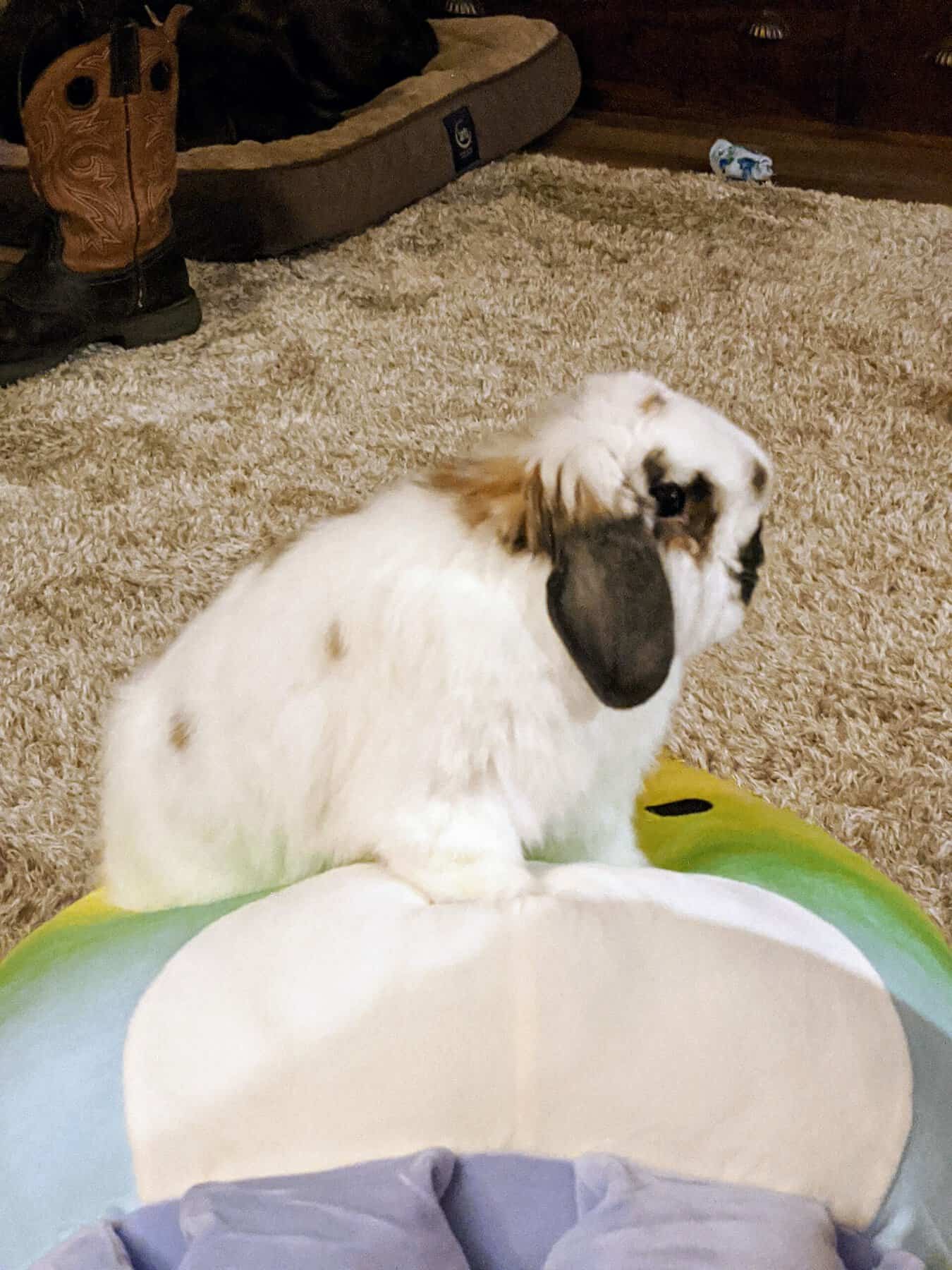
Symptoms of Snuffles in Rabbits
Most of the signs of snuffles are associated with the respiratory tract, and the most common of these are:
- Weepy eyes
- Watery nasal discharge that’s clear at first but later turns yellowish
- Sneezing
- Snoring or snuffling sound (this is caused by the mucous in their nasal tract)
- Matted fur, particularly on the front paws
- Rapid breathing or difficulty breathing
- Low energy levels
- Lack of appetite
- Skin sores
- Head tilting (if the disease traveled to the ears, leading to ear infections)
Treatment of Snuffles
The best recourse would be to take your rabbit to the vet, who will likely perform a swab to determine what type of bacteria is behind the infection. Once the results come in, a prescription for antibiotics is the next step. You may have to give your rabbit the medication for a few months to treat the condition completely. Not all antibiotics are safe for rabbits, so make sure that you go to a rabbit-savvy pet doctor.
If your bun is having trouble breathing, oxygen may be administered, and some anti-inflammatories in addition to the antibiotics.
To clear out clogged tear ducts, the vet may flush them with an antibiotic solution. Flushing removes the pus and bacteria from the blocked ducts and allows the medication to get well inside the duct to do its job. Sometimes abscesses develop due to the infection. The vet will treat those as well, draining or surgically removing them.
Can You Treat Snuffles at Home?
That depends on what the vet recommends. Usually, if the symptoms are mild or if your bun seems a lot better after a short stay at the hospital, his doctor may send him home with some instructions regarding his treatment protocol.
In such cases, home treatment may work but be sure to do the following:
- Give your pet all the medication the doctor prescribed and let your vet know of any difficulty you’re having about the treatment.
- If your vet thinks it will help, you can get a nebulizer to soothe your bun’s airways and as a means to administer some of his medication.
- Diligently monitor how much your fur baby eats, as well as the amount of his poop. Consult the doctor if you think something’s out of the ordinary.
- Address any housing or hygiene issues that may have contributed to the development of snuffles.
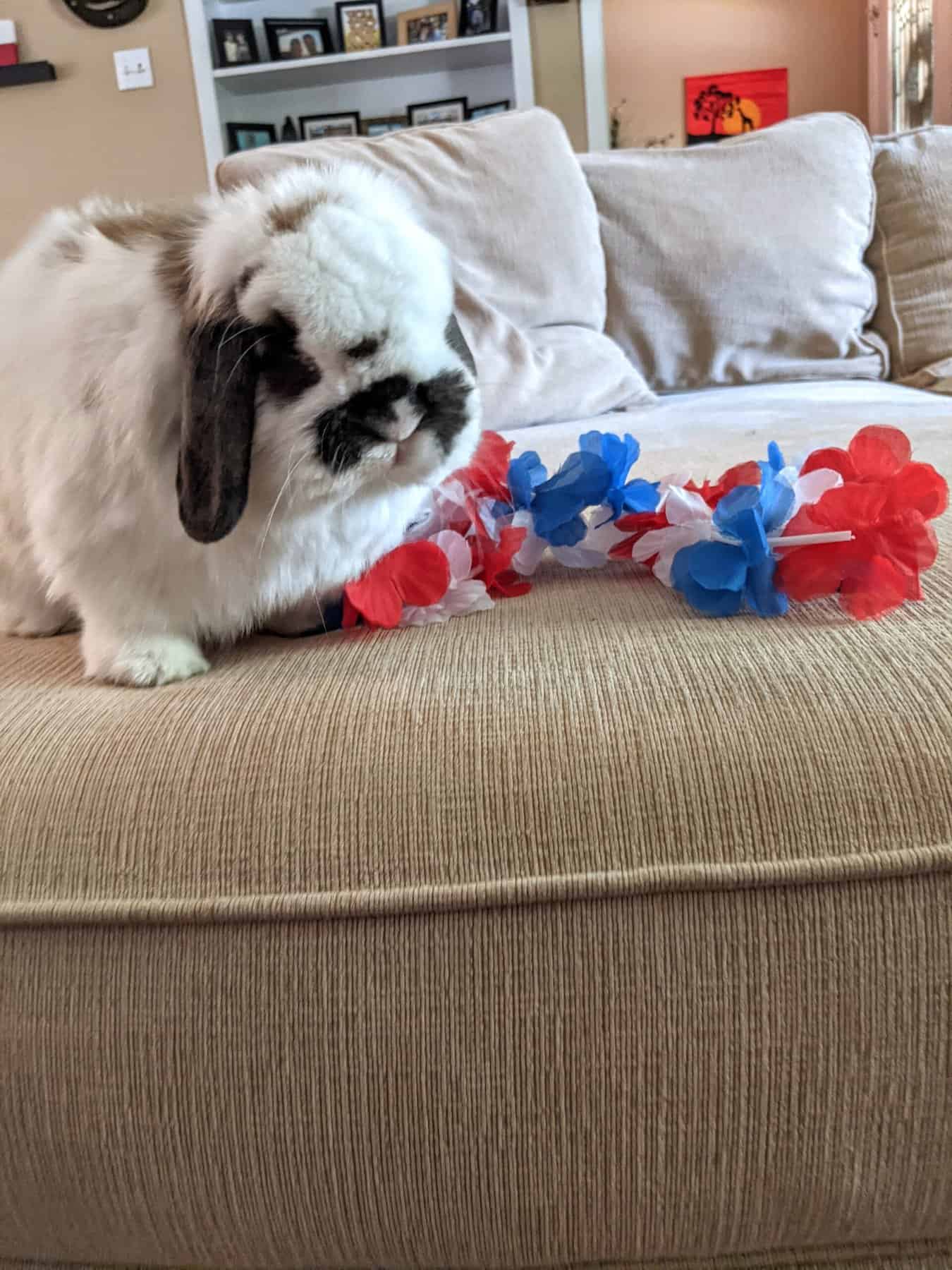
How Do You Prevent Snuffles in Rabbits?
Prevention is better than cure, and fortunately, there are ways to avoid this dreaded disease.
Good Hygiene
Good hygiene is paramount when it comes to disease prevention, so make sure that your pet’s living environment is as spotless as you can reasonably get it. This means regularly cleaning your rabbit’s cage to avoid the build-up of wastes. Remove leftover food and wash the food bowl twice a day. Also, replace soiled bedding or shavings and spot-clean urine and water spills outside the cage.
Go for a weekly intensive cleaning where you strip out the cage and scrub it thoroughly. Take out all fabric bedding material for washing and replace it with fresh ones.
After scrubbing the cage, wipe it down with vinegar and hot water. You can also use disinfectant but make sure it’s rabbit-friendly.
Your aim here is to keep out germs and bacteria that may cause snuffles and other diseases to your bun.
Enough Space
Cramped quarters prevent your rabbit from getting enough exercise. Moreover, it can be pretty stressful for your pet not to be able to move around. The more space he gets, the better. Ideally, the cage or enclosure should be 10 x 6 x 3 feet. But if you can make it bigger, your bun will be happier.
Rabbits also need a run, which is like an exercise area, where they can roam and play. A place of about 10 x 6 x 3 feet works but, like with their cage, the bigger, the better.
Good Nutrition
The food your bun eats plays a significant role in his health. Rabbits who get nourishing meals can fight diseases better than undernourished ones, so feed your pet a healthy diet. Good quality hay should make up a major part of his feed. Fresh veggies that are good for rabbits make great supplements to their meals, along with the occasional fruits that serve as their sweet treats.
Your fur baby loves good food, so he’ll eat as much as you provide. However, overeating can lead to obesity and other health issues so feed your rabbit according to his needs and body weight.
Snuffles is not only difficult to treat, but it can also have fatal consequences. Keeping your bun healthy and happy, along with regular check-ups to detect any health problems, will go a long way in keeping snuffles in rabbits at bay.
More about Rabbit Illnesses
- Rabbit Ear Mites: 4 Signs to Watch For and How to Treat It
- Head Tilt in Rabbits: 6 Causes and How to Prevent It
- 6 Signs Your Rabbit Has an Ear Infection
- What to Do If Your Rabbit Isn’t Eating Cecotropes
- How to Treat Snuffles in Rabbits
We hope you enjoyed this post! If you did, will you give it a share or two 🙂 Thank you! ~from Every Bunny Welcome


